Tag: News
-
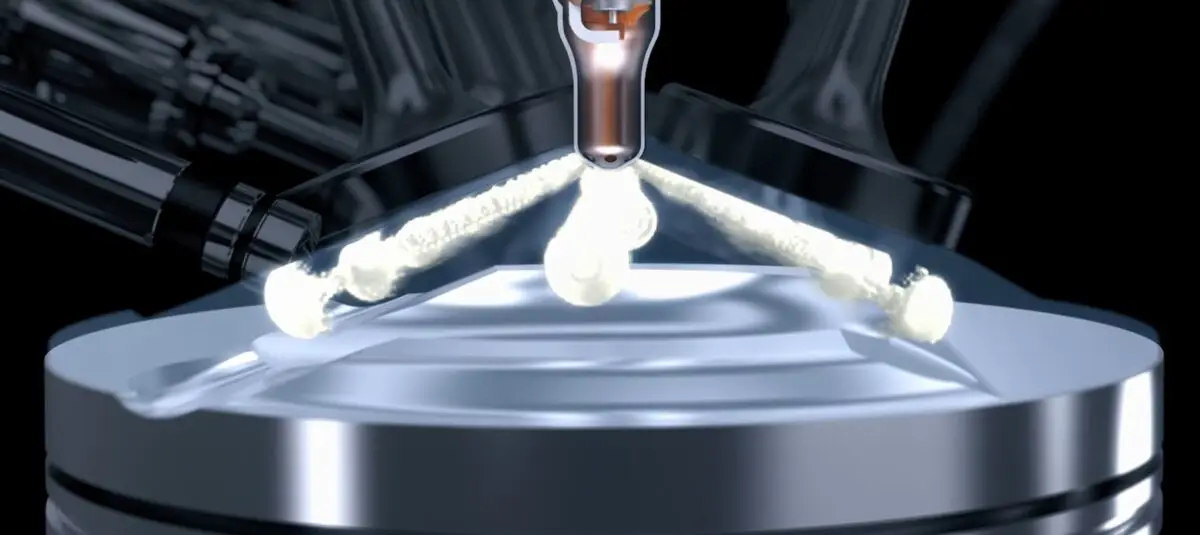
MAHLE Jet Ignition sparks high-efficiency combustion in production engine design
MAHLE Powertrain’s latest development of its passive MAHLE Jet Ignition (MJI) technology brings highly efficient combustion to existing engine designs with only minimal changes to the final machining process.
-
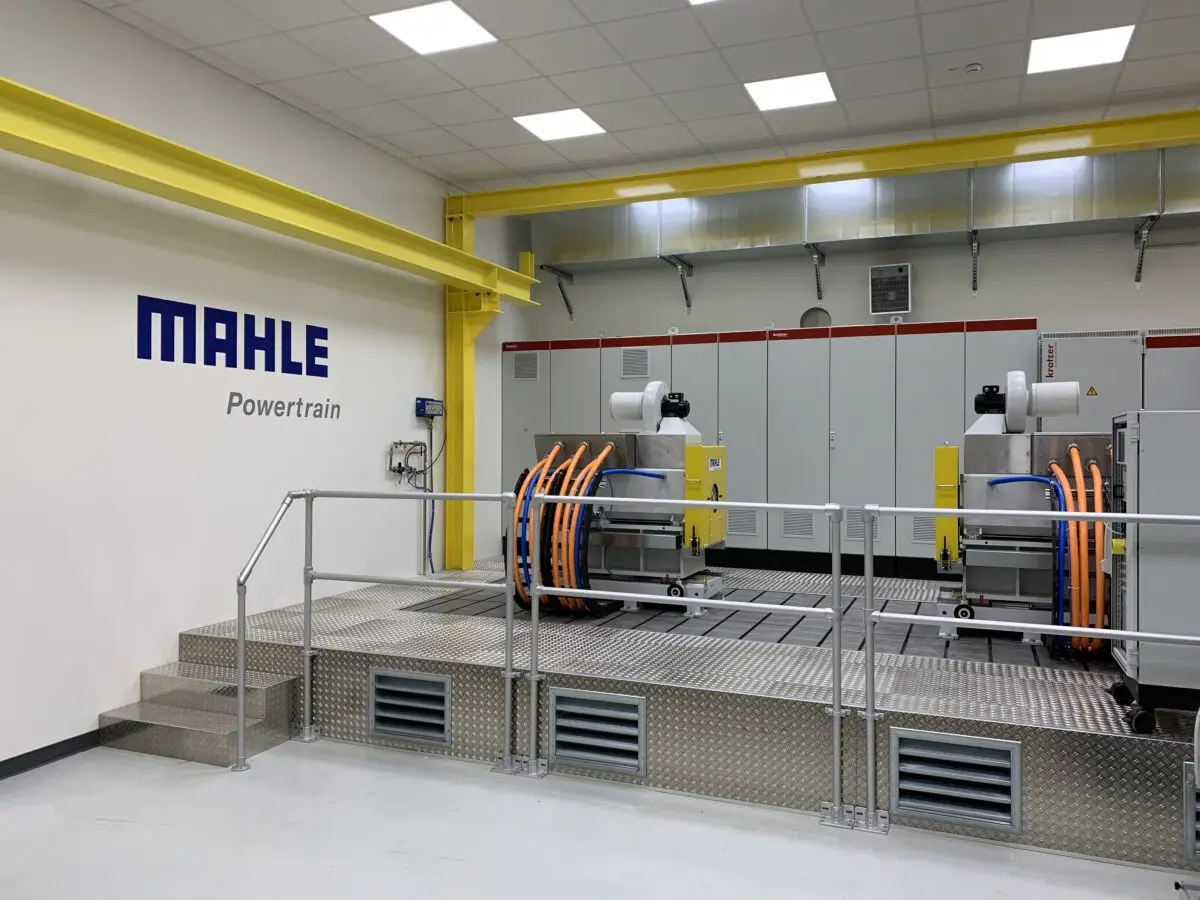
MAHLE pushes ahead with future technologies
From now on, MAHLE will focus even more strongly on its strategic future priorities. The Stuttgart-based technology group is therefore maintaining its investments in research and development at a high level despite the crisis.
-
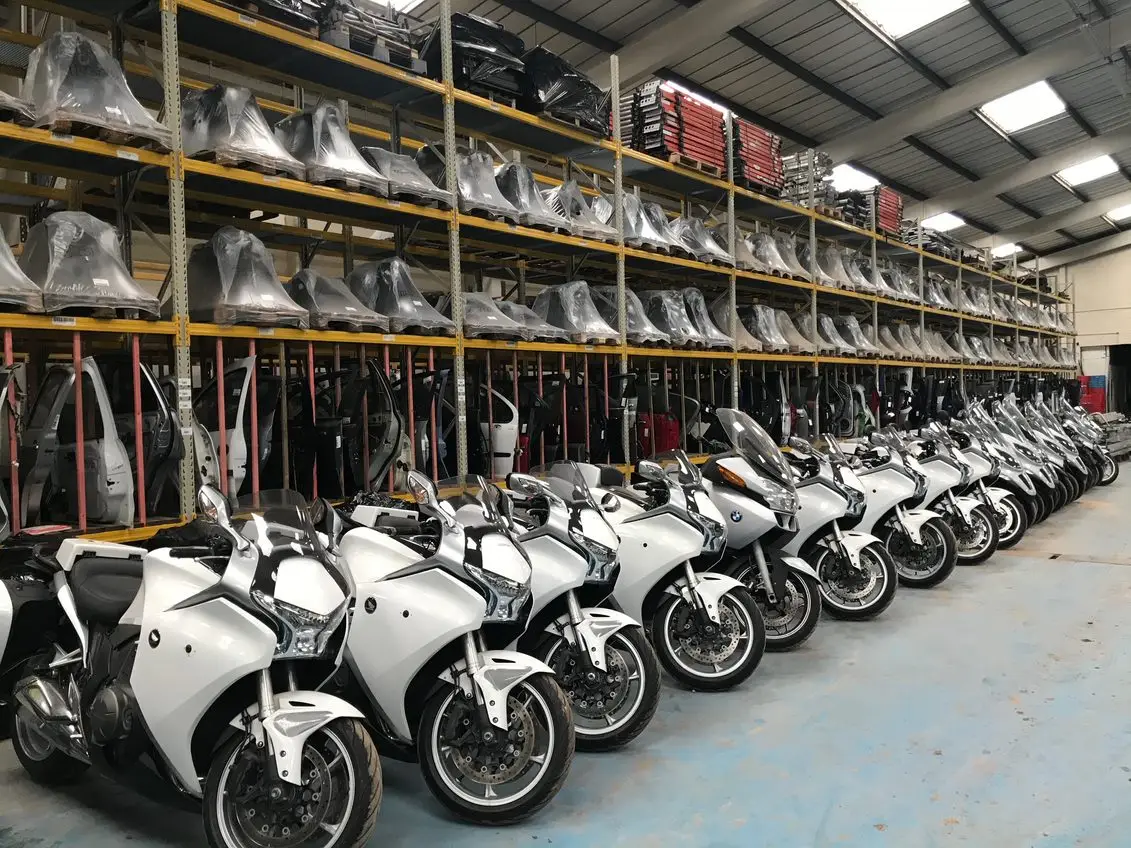
SYNETIQ’s MyGreenFleet saves South Wales Police £45k a year
South Wales Police Force is saving £45,000 a year on fleet maintenance and has drastically cut its vehicle downtime thanks to the use of green parts supplied by SYNETIQ.
-
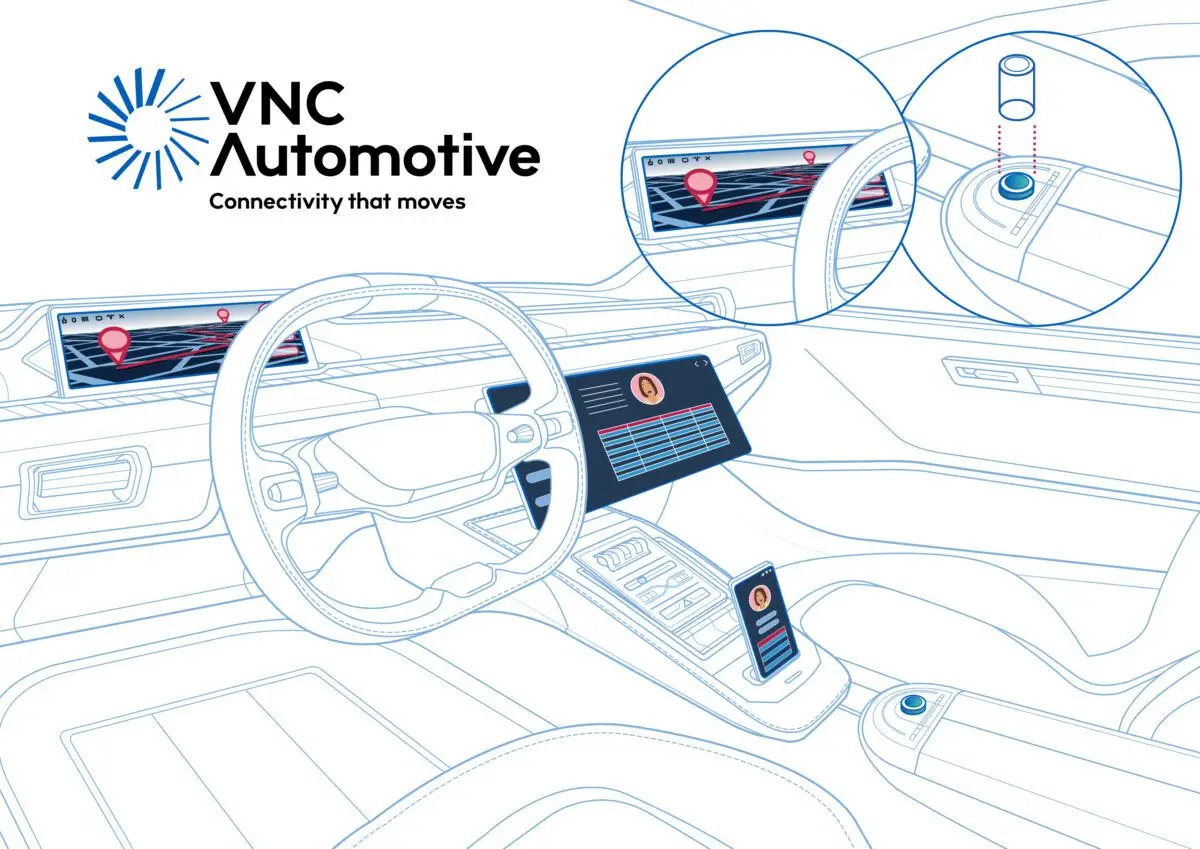
Driving the future of vehicle and transportation connectivity
Industry pioneer VNC Automotive has selected specialist automotive agency loop to handle its media engagement and PR activity.
-
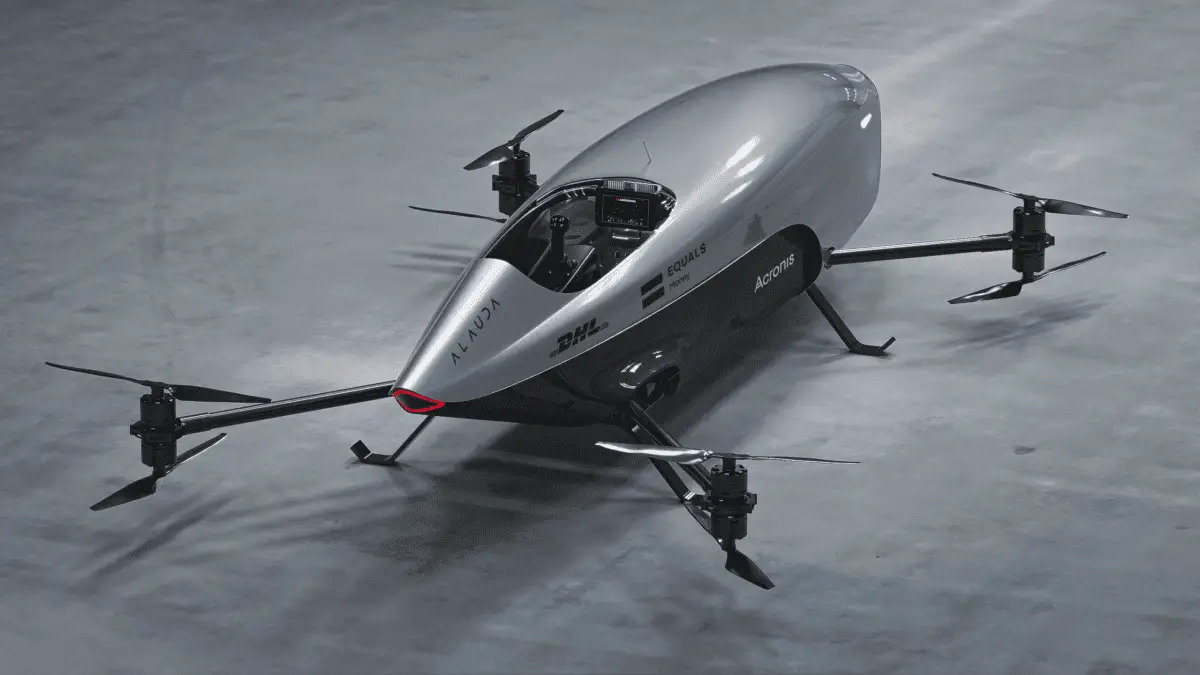
Airspeeder unveils world’s first flying racing car
Airspeeder is delighted to reveal the world’s first fully functioning electric flying racing car. The Airspeeder Mk3, is a full-sized remotely-operated electric vertical take-off and landing vehicle (eVTOL).
-
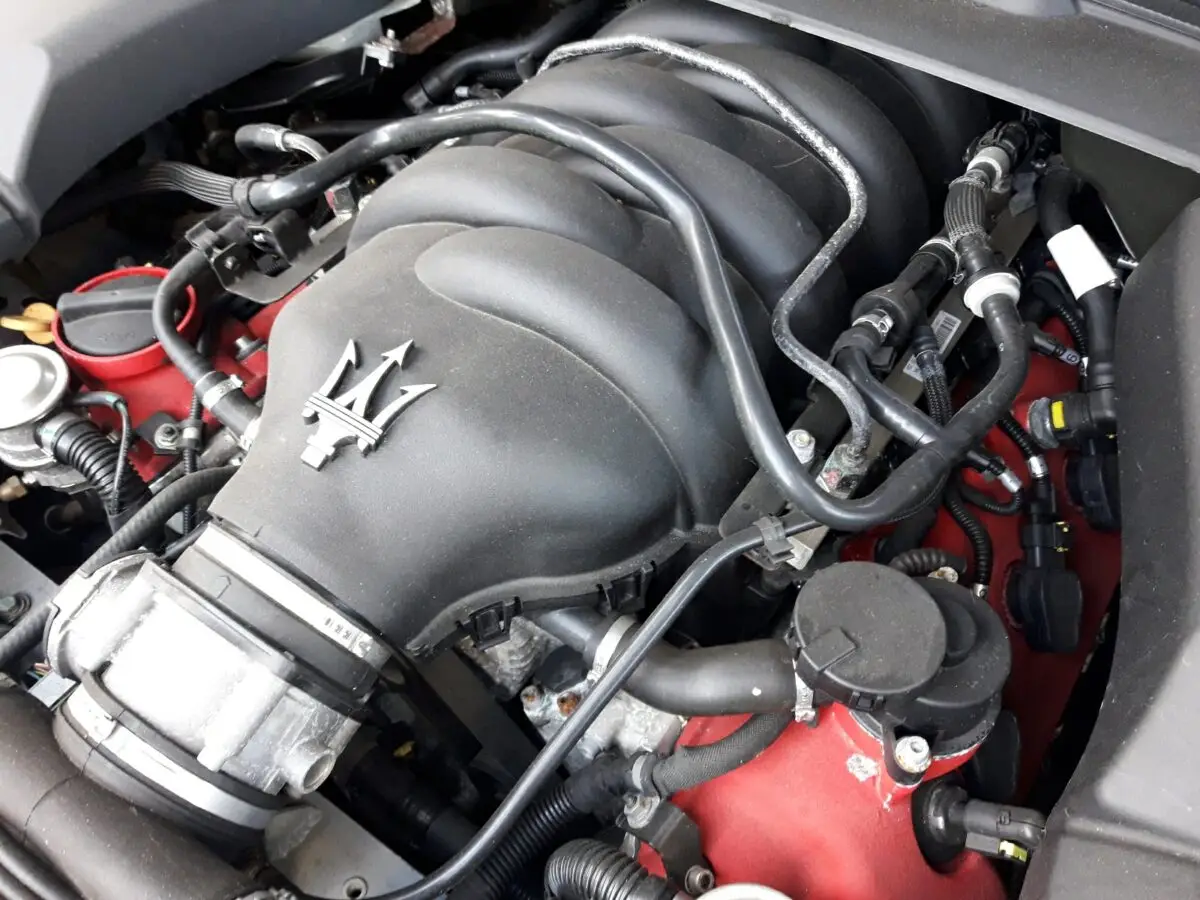
The wonderful world of SYNETIQ’s ebay store
Increasingly private buyers are keeping their vehicles moving by purchasing parts from SYNETIQ’s stock of original car and motorcycle items online via ebay, with the peace of mind that each part has been thoroughly inspected and has full traceability back to the donor vehicle.
-
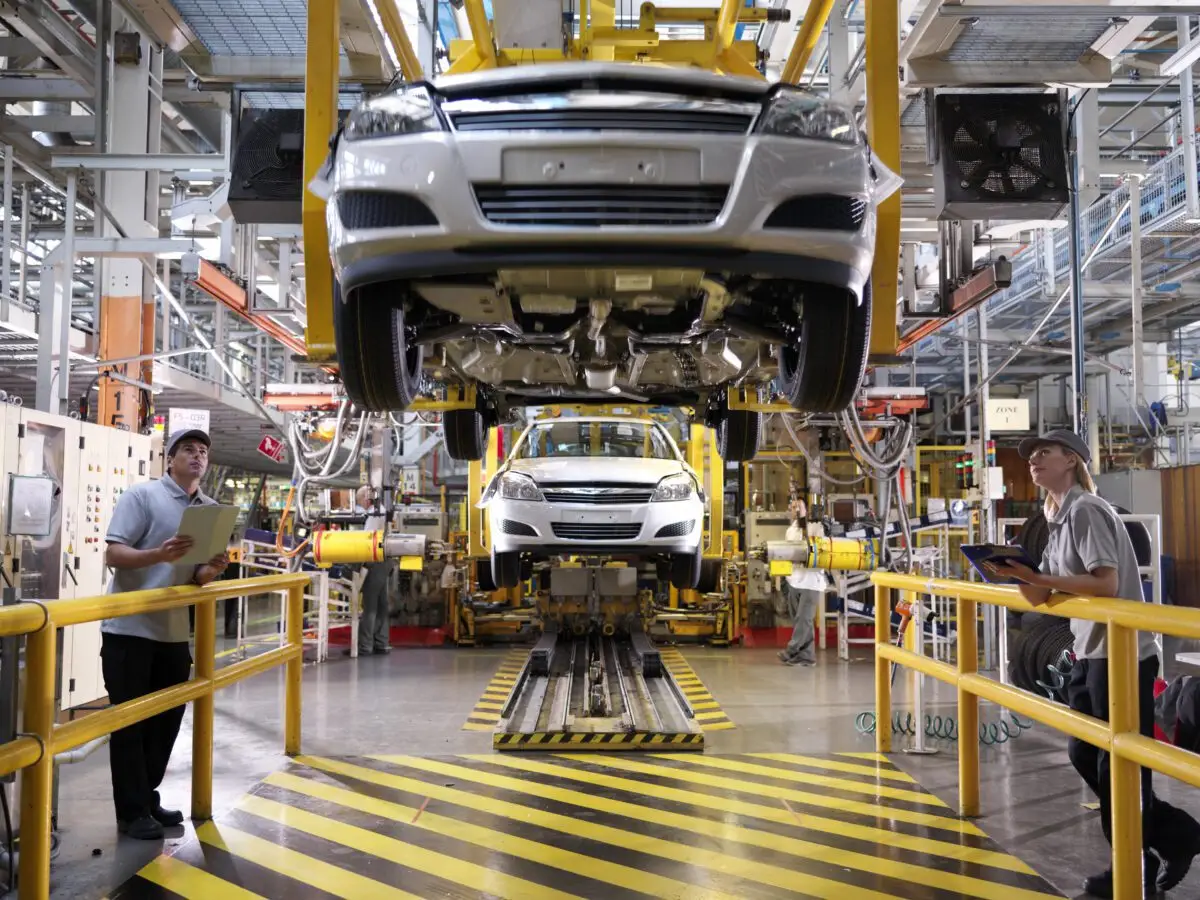
The Robot Podcast: Electric Vehicles – The machines that make the machines
In the latest episode of its Robot Podcast series , ABB’s Industry experts discuss how cutting-edge robotics play a key role in assisting car manufacturers make the transition from ICE to electric vehicle production.
-
-1200x675.webp)
Vanarama sponsorship extension kick off new lease of life for the National League
Leading vehicle leasing specialist Vanarama has signed a huge new deal to extend its longstanding and successful title sponsorship of the National League for a further three years.
-

Vanarama promises a new lease of life with major new ad campaign
Online leasing specialist Vanarama is kicking off the next phase of its ambitious growth strategy with the launch of a major multi-million-pound ad campaign this weekend.
-

British motorists suffer Billion-pound lockdown loss
Wagonex, one of the country’s biggest and fastest-growing vehicle subscription services, believes the nation is on the verge of a car-buying revolution after traditional forms of ownership cost unwitting Brits nearly a billion pounds over lockdown.
